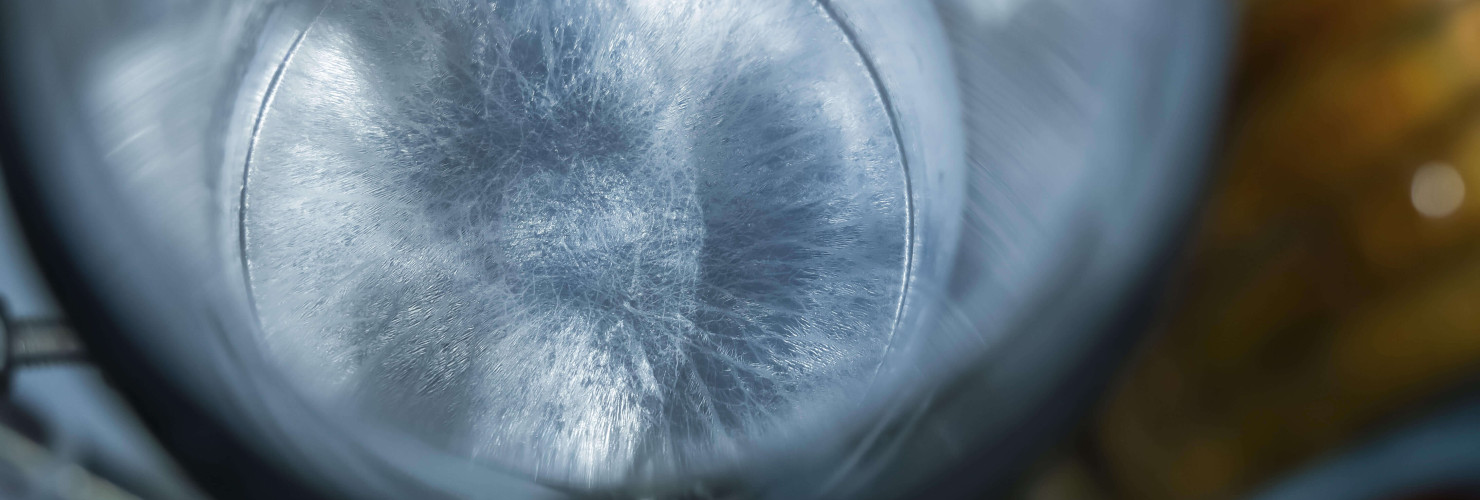

Beijing’s rare-earths export licensing system: delays by design?
In the second in a series of three articles about Beijing’s rare-earths export controls, Rebecca Arcesati and Altynay Junusova argue that licensing delays have frustrated European importers, raising questions about China’s bureaucracy – and its interest in keeping the process opaque.
Since China imposed export controls on seven rare earth elements (REEs) and certain types of REE magnets in April, European importers have struggled with Beijing’s intricate approval process. Although China in July agreed to ease restrictions, many European companies remain in limbo as they wait for their applications to be processed. There is no sign that Beijing will lift its measures any time soon. As with other critical minerals whose processing it dominates, China now applies export controls on civil-military “dual-use” items as standard policy. Europe imports 95 percent of its strategic raw materials, with China its primary supplier.
The slow and selective approval process for REE shipments to European companies raises the question whether this reflects the teething troubles of a fragmented bureaucracy dealing with lots of red tape – or of deliberate foot dragging. One thing is clear: these controls constitute a geoeconomic lever Beijing can pull at will in response to tariffs, technology restrictions and geopolitical tensions with the West – and Beijing knows that approval delays can for a while at least disrupt European production just as effectively as formally denying licenses.
National security has become the catch-all explanation
National security has become the catch-all explanation for delays and denials – a tactic Beijing learned from Washington’s long-widening export restrictions on chip exports to China. One official priority is to prevent re-exports or transshipment of controlled critical minerals for military use, especially to the US. China has launched a new campaign against REE smuggling, and it has started putting pressure on foreign high-tech companies not to export products containing Chinese-sourced REE to US defense contractors. Even though overall Chinese exports of magnets to the EU have rebounded after falling sharply in May, licensing remains highly selective.
The new licensing requirements give Beijing unprecedented extraterritorial sway over European sectors like defense, energy, automotive and aerospace. Particularly for REE magnets, there are virtually no alternative sources to China. Exporting REEs from the country used to be largely a routine process, with “commodity inspection certificates” issued by the customs service. Under the new system, the Ministry of Commerce (MOFCOM) and customs require that exporters submit a “compliance application,” (合规申请) allowing Beijing to decide which companies can receive materials as well as the volume of each shipment – and stockpiling is no longer tolerated.
This is all part of an official push for stronger oversight and traceability of REE resources, with “full-chain” regulation covering mining, refining and smelting – a goal Beijing has long had its sites on. The new rules give China detailed information about how REE shipments are used. Aside from end-use statements and non-diversion commitments, exporters to Europe must provide detailed technical specifications for the use of the critical material in their product. For example, an export application by the Chinese company Innuovo Technology states that its magnets are intended for European wind turbines, not for the military applications. Incomplete or unclear information can cause significant delays. Several companies have told MERICS that they are worried about the potential misuse of the process by authorities to gather economic and industrial intelligence.
This detailed level of management involves multiple agencies: MOFCOM’s Bureau of Industry, Security, Import and Export Control (产业安全与进出口管制局, BISIEC), which supervises export controls on 'dual-use' items and the customs service – as well as other State Council agencies and the Central Military Commissions in sensitive cases in which additional consultation may be required. This complex interagency process, combined with MOFCOM’s longstanding staffing issues, could be a benign explanation for delays that can stretch to months, far exceeding the official 45-day window for processing applications that Beijing promises exporters.
Approvals are slow and targeted
Approvals are slow and targeted – and appear to focus on civilian sectors that pose a low risk to China’s national and economic security. For example, Volkswagen’s suppliers were among the first to secure approvals, while China’s JL MAG Rare-Earth also received permits for shipments to Siemens and Bosch relatively quickly.
MOFCOM has promised to speed up approvals, recently introducing a “green channel” and a whitelist of European companies. That exports of REE magnets to the EU have picked up since May suggests that BISIEC’s small licensing team was initially a bottleneck, but strategic considerations are clearly also influencing its decisions.
European defense contractors and smaller tech firms continue to face longer delays and numerous rejections. For example, Chengdu Galaxy Magnets was denied permits for the “military-related” applications. But the line between what the EU might consider manageable bureaucratic hurdles and unacceptable political choices is hard to draw. MOFCOM has hired more staff to process license applications, but coordination between local and central MOFCOM bureaus and other agencies produces enormous amounts of red tape and remains opaque.
Whether by accident or design, this helps make REE export licensing a powerful negotiating tool for Beijing. It has already pushed the US to relax some export controls and Europe could face a similar challenge. China’s Export Control Law is explicit in this regard. Slowing some decisions before eventually granting export permits can drive up commodity prices and disrupt industrial planning, hurting foreign competitors and end-users – all the while allowing Beijing plausible deniability in the event of criticism. Bavarian industry, for example, paid nine percent more for REEs in the second quarter of 2025 than it did in the first. China’s micro-management of critical raw materials is here to stay – and it creates more than just a compliance headache for European companies.

